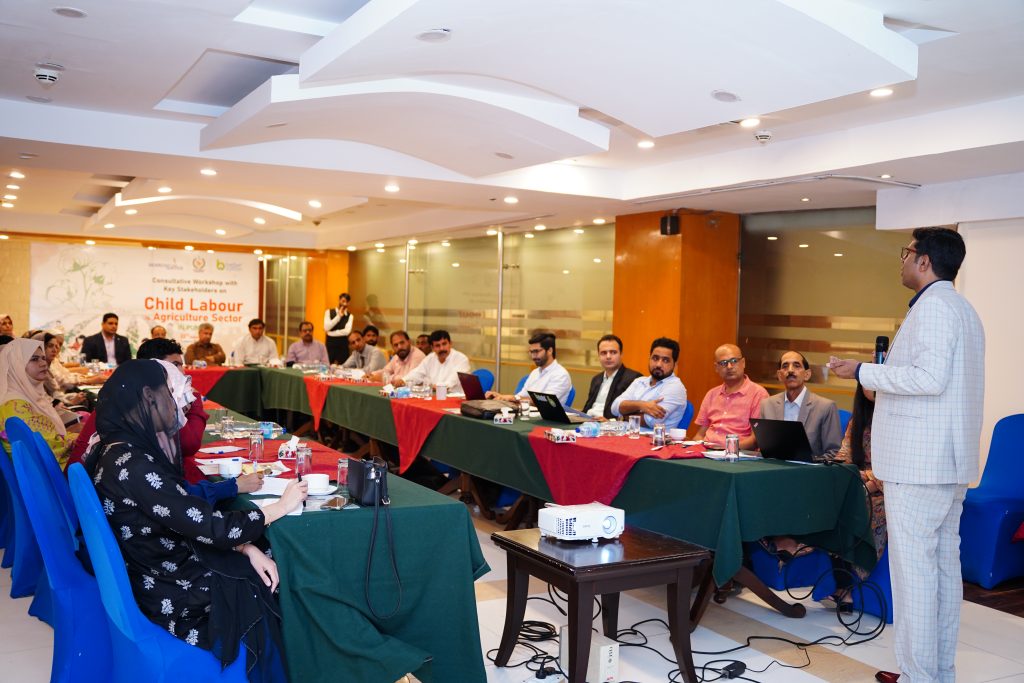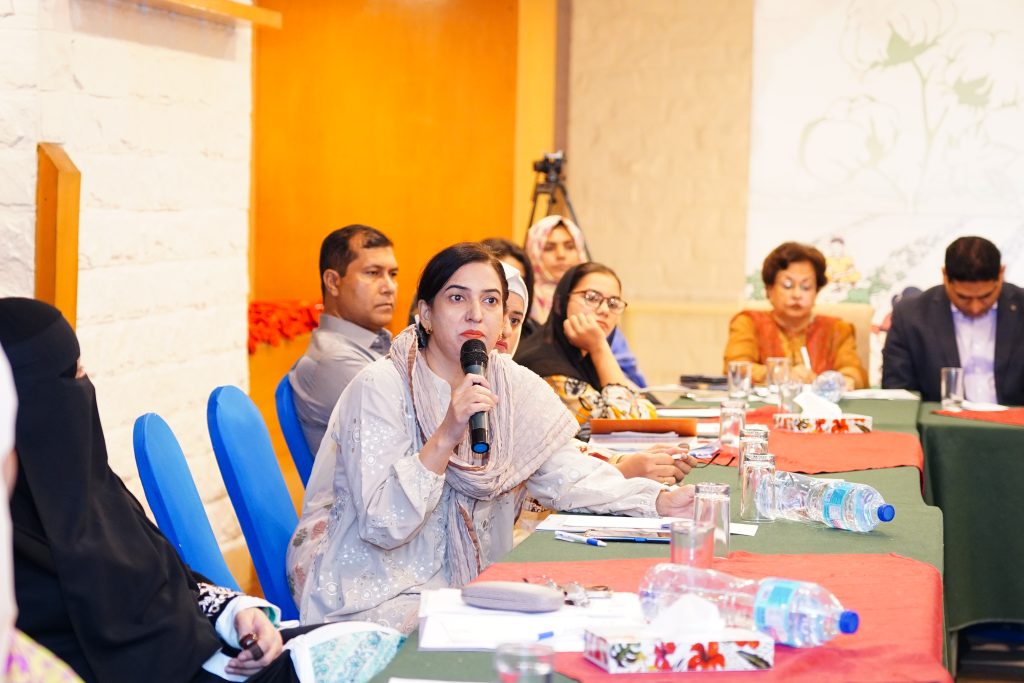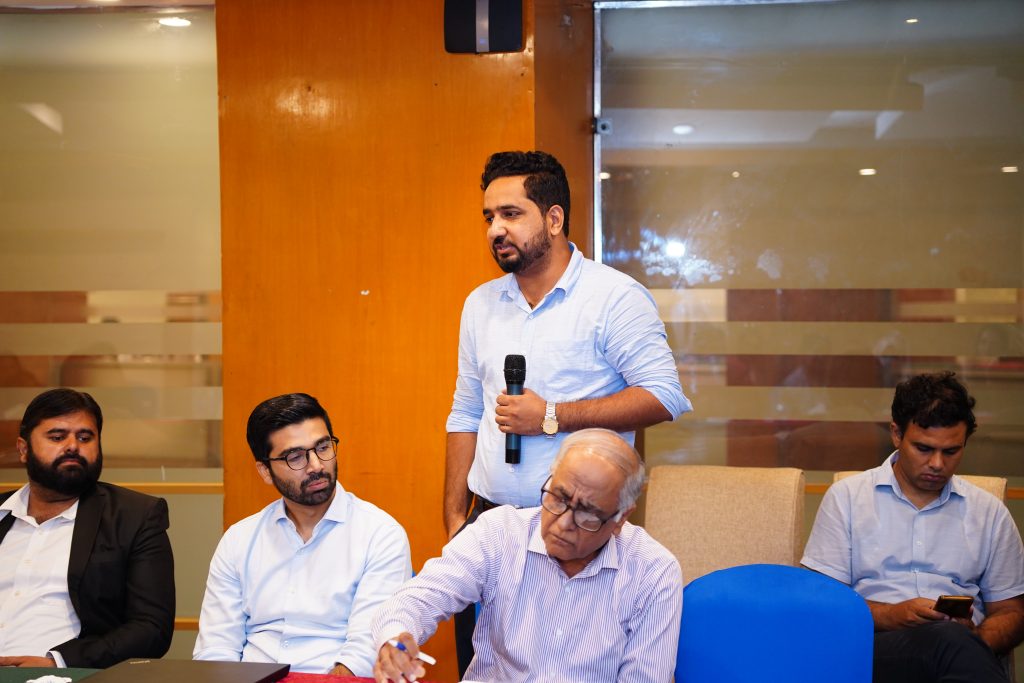
As we strive to promote decent work for cotton farming communities, Better Cotton is committed to creating safe and healthy working environments, free of child labour and forced labour. In Lahore, Pakistan, we recently organised a multi-stakeholder workshop in collaboration with our knowledge partner Search For Justice, in order to map out the key barriers to eliminating child labour in the country.
Search For Justice is a non-profit organisation working on child protection issues in Pakistan. Better Cotton developed a partnership with the organisation through our Growth and Innovation Fund (GIF) in order to support our Programme Partner, Rural Education and Economic Development Society (REEDS), in preventing child labour in the Rahim Yar Khan district in Pakistan.
During the workshop, held in August, government and private sector representatives engaged in dialogue around the legal framework for child labour prevention and elimination in the agricultural sector in the Pakistani province of Punjab. The discussions explored the causes of child labour, including social and economic factors such as the low cost of employing children and the financial pressures on families caused by persistently high inflation, along with the threat of bonded labour in the agriculture sector which also hampers children from attending schools.




The representative from Punjab’s Provincial Government Labour and Human Resource Department explained that the province’s child labour law currently has limited applicability for the agricultural sector, as it is restricted to formal agricultural establishments. However, they highlighted that government efforts have already begun to bring the broad agricultural sector under the ambit of existing child labour law, The Punjab Labour Policy 2018, which is currently the most relevant guiding document on the issue.
They also outlined government commitments in three priority areas for legislation of the informal sector: domestic labour, home-based workers and the agricultural sector. Labour legislation has already been introduced in the former two sectors, while efforts have been initiated for labour in the agricultural sector. In this respect, further support and cooperation was requested of Better Cotton, as a specialised agriculture sustainability stakeholder.
Discussions also emphasised the importance of community awareness campaigns, and the need to address child labour comprehensively through education and empowerment initiatives. Establishing schools in underserved areas and improving birth registration can be vital in improving the child labour situation in agriculture, particularly in cotton farming.
Looking forward, the workshop participants agreed that they were on track to start policy dialogues which could help extend the coverage of the existing child labour legislation in Punjab to the broader agricultural sector. Better Cotton will continue to engage stakeholders to advocate for systemic change in this region.







































